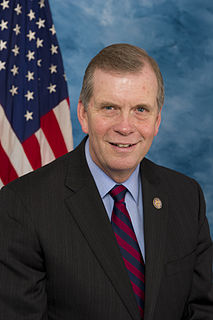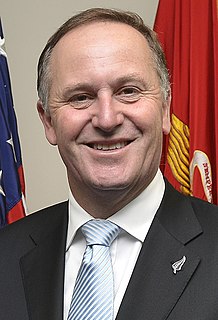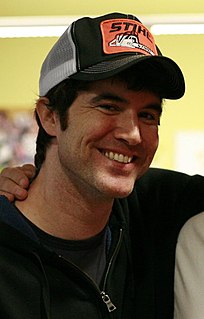A Quote by Tim Walberg
Good intentions can often lead to unintended consequences. It is hard to imagine a law intended for the workforce known to Henry Ford can serve the needs of a workplace shaped by the innovations of Bill Gates.
Related Quotes
The flow of action continually produces consequences which are unintended by actors, and these unintended consequences also may form unacknowledged conditions of actions in a feedback fashion. Human history is created by intentional activities but is not an intended project; it persistently eludes efforts to bring it under conscious direction.
Wal-Mart, with its legendary focus on customer value in terms of price, is innovating in sustainability. Now, we're beginning to see the mirror image, a convergence, as the not-for-profit sector is beginning to serve more effectively by applying private sector accountability and efficiencies to social needs. This reflects a rising recognition that to serve others best requires more than good intentions; it mandates a focus on real-world results. Bill Gates and Warren Buffett are among the most conspicuous advocates and representatives of this transformation.
America is an enormous country with enormous resources. The basic American spirit creates the Wright Brothers and Henry Ford and Bill Gates and Mark Zuckerberg. Once we start rolling, we're pretty formidable. And the incompetence of the government is so massive that even a moderately good executive could regain much ground pretty rapidly. Donald Trump is a very good executive.
Diversification is something that stock brokers came up with to protect themselves, so they wouldn't get sued for making bad investment choices for clients. Henry Ford never diversified, Bill Gates didn't diversify. The way to get rich is to put your eggs in one basket, but watch that basket very carefully. And make sure you have the right basket.
But for those who really want to make the world a better place, can we start looking at Bill Gates's path instead of Steve Jobs? I like my iPad, but Gates is one of the greatest heroes of our time. For me, that has nothing to do with Microsoft and everything to do with the Bill & Melinda Gates Foundation.
This [anti-terrorism bill] is a violation of the First Amendment right to free speech and the Fourth Amendment protection of private property... Some of these provisions place more power in the hands of law enforcement than our Founding Fathers could have dreamt and severely compromises the civil liberties of law-abiding Americans. This bill, while crafted with good intentions, is rife with constitutional infringements I could not support.
Henry Ford has several times sneered at unproductive stockholders.... Well, now. Let's see. Who made Henry Ford's own automobile company possible? The stockholders who originally advanced money to him. Who makes it possible for you and me to be carried to and from business by train or street car? Stockholders.... Who made our vast telephone and telegraph service possible? Stockholders.... Were stockholders all over the country to withdraw their capital from the enterprises in which they are invested, there would be a panic ... on a scale never before known.

































